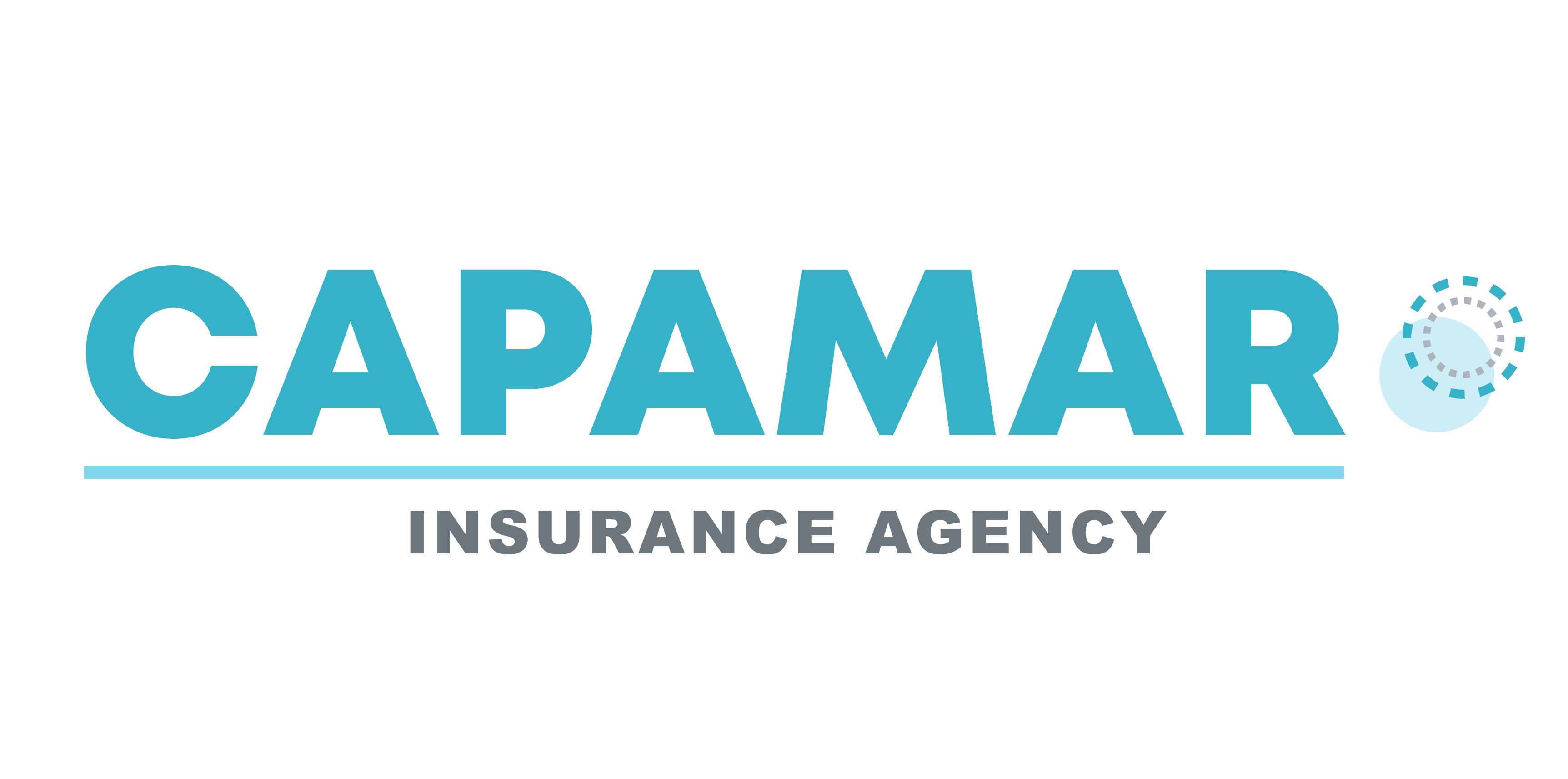One of the most prevailing questions, especially in recent years, has been the true importance of health insurance. Due to its expensive nature, many deem it unnecessary. However, health insurance is expensive because citizens pay more for services and administrative costs related to the complexity of the healthcare system in the United States. But what exactly are you paying for? Why is it so important?
Before we get into the importance of health insurance, one has to understand what it is. In simplest terms, health insurance is an agreement between an individual and an insurance company in which the company agrees to pay part of his or her medical expenses when needed in return for a monthly fee. With the right insurance company, you can find the perfect plan that will cover your financial and medical needs. With health insurance, you can receive all of these benefits.
Saving Money
Everyone gets sick from time to time. However, depending on the severity of your problem, health care varies in cost. Did you know the average cost of a three-day hospital stay is $30,000? Or that fixing a broken leg can cost up to $7,500? Or that an open heart surgery can cost $324,000? Health care can become unaffordable. Therefore, having health insurance serves as a cushion to protect your wallet from unexpected costs like these. Your insurance policy will outline what types of care treatments and services are covered, including how much the insurance company will pay for different treatments in various situations. Without insurance, you will be financially responsible for all your medical bills. Amy Finkelstein, an M.I.T. economist who has written for The Wall Street Journal, informed in an interview, “health insurance isn’t just about access to health care – it’s also about protection from financial ruin”. A recent study showed that those with health insurance had lower out-of-pocket medical expenditures and medical debt. By having medical insurance, you would be saving more money in the long run.
Affecting Others
Even so, not being insured affects others as well. Most people that do not have insurance usually wait until their condition has worsened to go to the hospital and , with that, use the emergency room. This results in many large bills from doctors and facilities going unpaid. To recover these losts funds, hospitals are often forced to charge more for services to everyone across the board.
Prevention Care
Having health insurance has been shown to correlate with early detection of life threatening illnesses. Those with health insurance tend to try to use it more often by receiving annual check-ups and other diagnostic tests that can catch serious medical conditions early when they are still treatable. Preventive care allows people to feel more comfortable with themselves. Thus, making people mentally and physically healthier.
Qualified Health Insurance Offers:
- Ambulatory patient services
- Hospitalization and emergency services
- Maternity and newborn care
- Mental Health and substance use disorder
- Prescription drugs
- Lab services
- Preventative and wellness services
- Chronic disease management
- Pediatric services, including dental and vision care
Covered Preventive Services
- Vaccinations
- Well-woman checkups
- Contraceptives and birth control counseling
- Screenings during pregnancy for a variety of conditions
- Breastfeeding supplies, support and counseling
- mammogram, colonoscopy or other screening that can detect cancer or disease in its earliest
- screen for high blood pressure or high cholesterol to prevent a stroke or heart attack.


